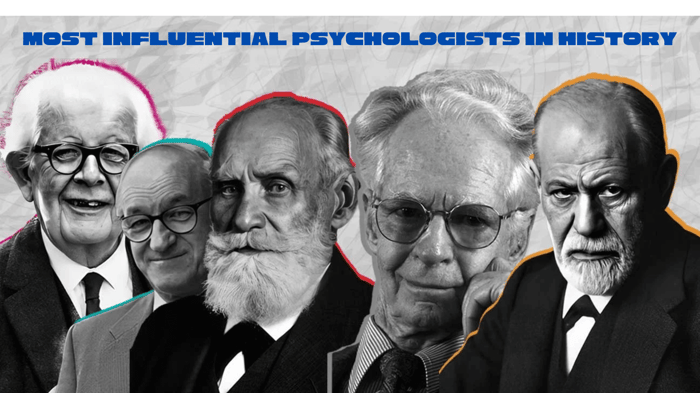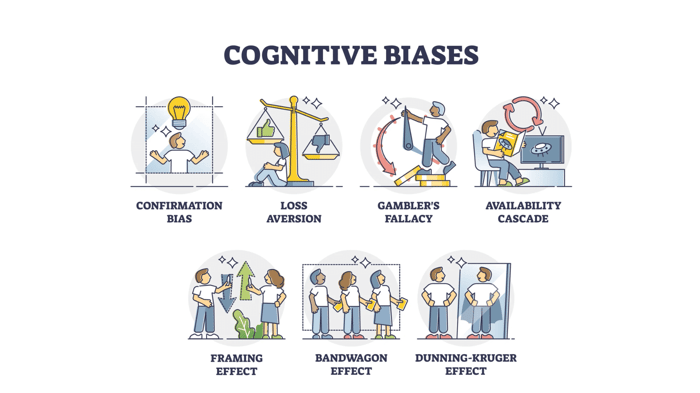Psychology, the scientific study of the mind and behavior, has seen remarkable advancements over the years, largely due to the contributions of some truly groundbreaking psychologists. These individuals have provided profound insights into how we think, feel, and act, helping to shape not only the field of psychology but also our understanding of human development, mental health, and social behavior. The ideas, theories, and research conducted by these psychologists continue to influence modern therapeutic practices, education, and even our daily lives.
Throughout history, psychology has been shaped by the contributions of a select few individuals whose work has transcended their time and continues to resonate today. Whether by uncovering the unconscious mind, revolutionizing behavioral therapy, or laying the groundwork for how we understand personality development, these psychologists have had an indelible impact on how we approach the science of human behavior. In this blog post, we’ll explore some of the most influential psychologists in history and the lasting legacies they’ve left behind.
1. Sigmund Freud (1856-1939)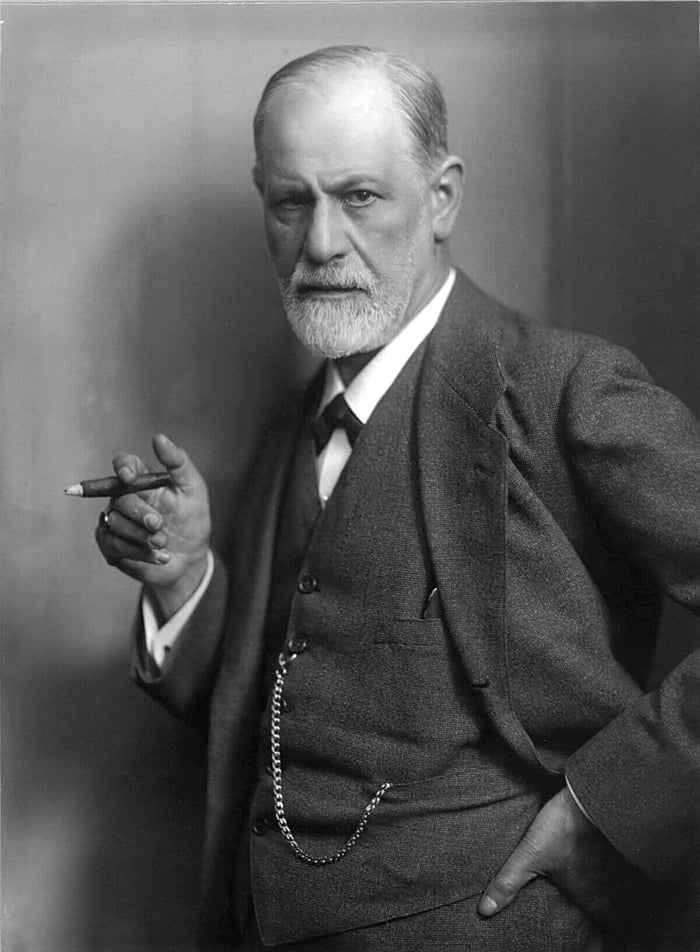
Known for: Founding Psychoanalysis and Theories on the Unconscious Mind
Sigmund Freud is perhaps the most famous and controversial figure in the history of psychology. He is widely regarded as the father of psychoanalysis, a therapeutic technique that seeks to explore the unconscious mind in order to treat psychological distress. Freud’s work on the unconscious mind, defense mechanisms, and the structure of personality (id, ego, and superego) revolutionized psychology.
Key Contributions:
The Unconscious Mind: Freud proposed that much of our behavior is influenced by unconscious thoughts, desires, and memories, especially those from early childhood.
Dream Analysis: He suggested that dreams were a reflection of unconscious wishes and could provide insight into repressed thoughts.
Psychoanalytic Theory: Freud's theories on the stages of psychosexual development and the role of sexuality in mental health sparked debates that continue to influence psychology today.
Although many of Freud’s ideas have been criticized and largely discredited in modern psychology, his work paved the way for understanding the complexities of human behavior.
2. Carl Jung (1875-1961) 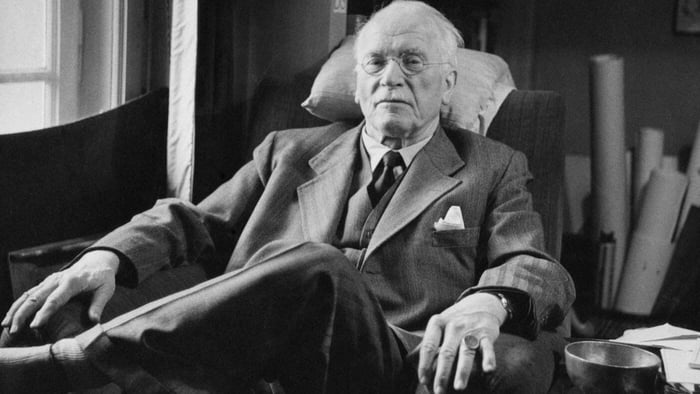
Known for: Analytical Psychology and the Concept of Archetypes
Carl Jung, originally a follower of Freud, eventually broke away to form his own school of thought, known as analytical psychology. Jung’s focus was on the collective unconscious, a shared set of memories and symbols that are inherited and common to all humans. He also introduced the concept of archetypes—universal, mythic characters or symbols that reside within the collective unconscious and are expressed through culture, art, and personal experiences.
Key Contributions:
Collective Unconscious: Jung theorized that humans share a collective unconscious containing archetypes, symbols, and themes inherited from our ancestors.
Personality Types: Jung’s work on introversion and extraversion helped lay the foundation for personality tests like the Myers-Briggs Type Indicator (MBTI).
Synchronicity: Jung proposed the idea of synchronicity, the meaningful coincidence of events that cannot be explained by cause and effect but are deeply connected at a symbolic level.
Jung’s ideas about spirituality, personal growth, and individuation (the process of becoming one's true self) have influenced fields beyond psychology, including art, literature, and religion.
3. B.F. Skinner (1904-1990) 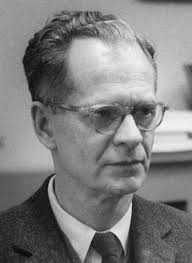
Known for: Operant Conditioning and Behaviorism
B.F. Skinner was one of the leading figures in the development of behaviorism, a school of thought that emphasized the study of observable behaviors over the study of the mind. Skinner’s work focused on how behavior is shaped by consequences, specifically reinforcement and punishment. His operant conditioning theory has had a profound impact on how psychologists and educators understand learning and behavior modification.
Key Contributions:
Operant Conditioning: Skinner's theory posited that behavior is shaped by its consequences. Positive reinforcement encourages a behavior, while punishment discourages it.
Skinner Box: Skinner developed the operant conditioning chamber (also known as the Skinner Box) to study how animals learn through reinforcement and punishment.
Behavior Modification: Skinner’s work laid the groundwork for therapeutic techniques used to modify undesirable behaviors in various settings, from schools to prisons.
Skinner’s emphasis on measurable, observable behavior led to the development of applied behavior analysis (ABA) and other behaviorist techniques that are widely used today in educational and clinical psychology.
4. Jean Piaget (1896-1980) 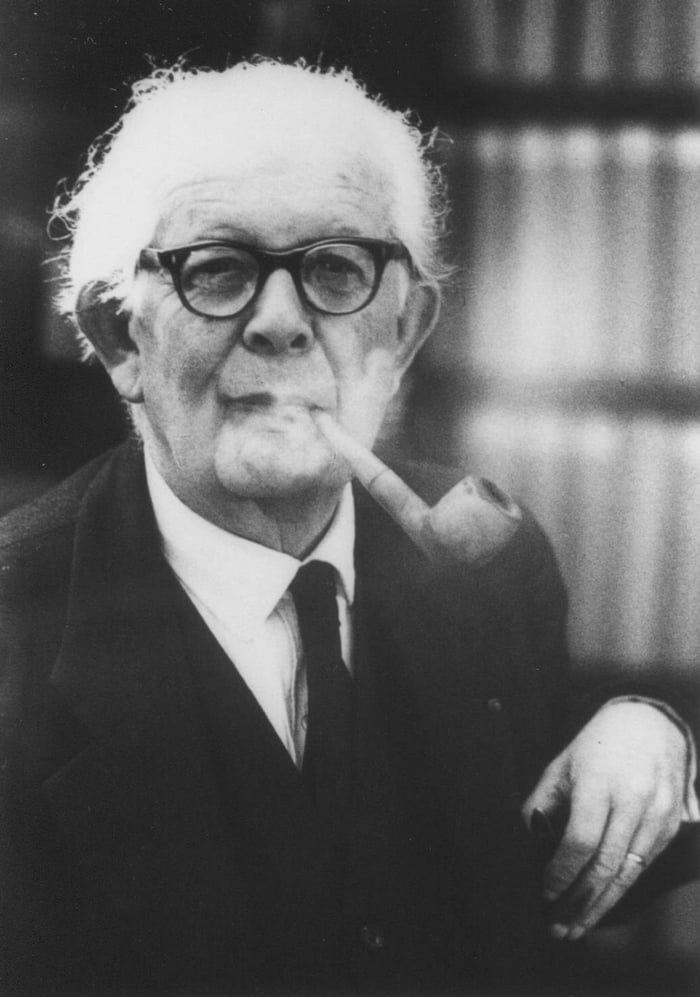
Known for: Cognitive Development Theory
Jean Piaget is best known for his pioneering work on child development and his theory of cognitive development. Piaget believed that children go through distinct stages of cognitive development, and that their thinking evolves as they interact with the world. His observations of children in natural settings helped to shape modern educational practices.
Key Contributions:
Cognitive Stages of Development: Piaget proposed four stages of cognitive development: sensorimotor, preoperational, concrete operational, and formal operational. Each stage represents a qualitative change in the child’s ability to think and reason.
Constructivism: Piaget introduced the idea that children actively construct their understanding of the world through experiences and interactions, challenging the previous belief that children are passive recipients of knowledge.
Schemas and Assimilation/Accommodation: He explained how children adapt their mental structures (schemas) through the processes of assimilation (integrating new information into existing schemas) and accommodation (changing schemas to incorporate new information).
Piaget’s theories have influenced educational psychology, particularly in the development of age-appropriate learning strategies and understanding how children learn.
5. Abraham Maslow (1908-1970) 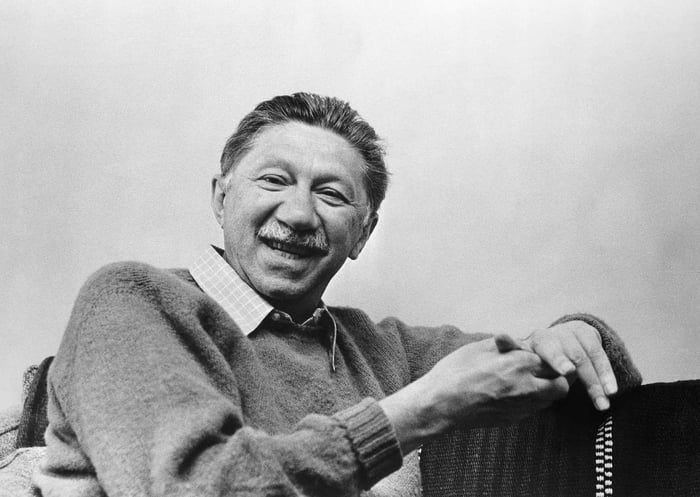
Known for: Hierarchy of Needs and Humanistic Psychology
Abraham Maslow is best known for creating the hierarchy of needs, a motivational theory that suggests humans have a set of basic needs that must be fulfilled before they can pursue higher-level psychological and self-actualization goals. Maslow’s work helped shift the focus of psychology from pathology and dysfunction to human potential and well-being, marking the foundation of humanistic psychology.
Key Contributions:
Hierarchy of Needs: Maslow proposed that human needs can be arranged in a pyramid, starting with basic physiological needs (food, water) and advancing to higher needs like self-esteem and self-actualization (the desire to become the best version of oneself).
Self-Actualization: Maslow emphasized the importance of self-actualization, which is the realization of one’s full potential and creativity.
Humanistic Psychology: Maslow’s ideas helped establish humanistic psychology, which focuses on personal growth, self-determination, and the inherent goodness of human beings.
Maslow’s theories continue to influence psychology, particularly in areas of motivation, personal development, and positive psychology.
6. Albert Bandura (1925-Present) 
Known for: Social Learning Theory and Self-Efficacy
Albert Bandura is one of the most influential figures in psychology, particularly in the study of learning and development. His social learning theory (later known as social cognitive theory) emphasized the role of observation and imitation in learning. Bandura also introduced the concept of self-efficacy, which refers to an individual’s belief in their ability to succeed in specific situations.
Key Contributions:
Social Learning Theory: Bandura’s theory posits that people learn by observing others, especially role models. He famously demonstrated this with his Bobo Doll experiment, which showed how children could imitate aggressive behavior by watching adults.
Self-Efficacy: Bandura introduced the concept of self-efficacy, which is the belief in one’s ability to accomplish tasks and goals. This has been widely applied in education, therapy, and organizational behavior.
Observational Learning: He emphasized that learning doesn’t have to occur through direct experience but can happen through observing the actions and consequences faced by others.
Bandura’s work has had a significant impact on educational psychology, therapy (particularly cognitive-behavioral therapy), and behavior management strategies.
Final Thoughts
The field of psychology owes much of its development to the brilliant minds who have shaped its understanding of human behavior and the mind. From Sigmund Freud’s exploration of the unconscious to Jean Piaget’s stages of cognitive development, each psychologist has left a lasting legacy that continues to influence research, therapy, and our everyday understanding of mental health.
By studying the work of these most influential psychologists in history, we gain a deeper appreciation for the complexities of the human mind, and we continue to build upon their ideas in the pursuit of better understanding and improving mental health worldwide.

